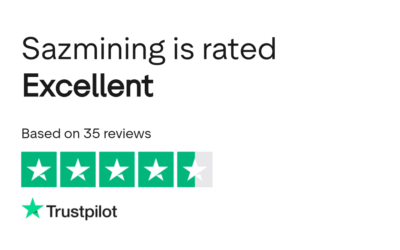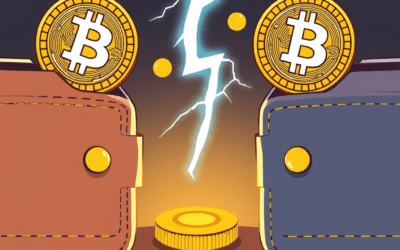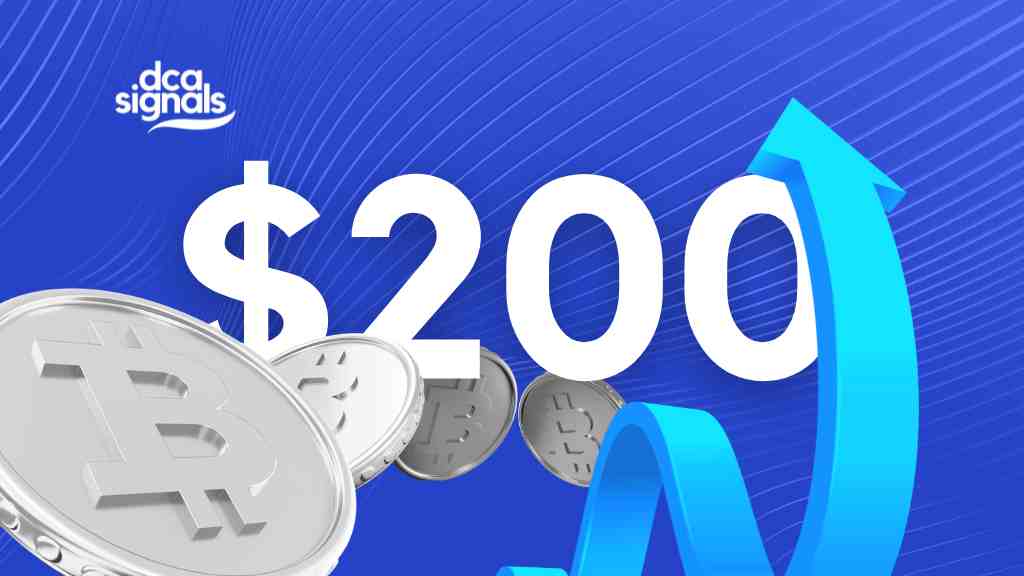A structured settlement is a financial arrangement that provides a claimant with periodic payments, typically in the form of an annuity, to compensate them for a personal injury or other legal claim. These payments are often tax-free and designed to provide long-term financial security for the recipient.
Structured settlements have become increasingly popular over the past few decades as a way for defendants and their insurance companies to resolve personal injury claims. The typical structured settlement is agreed upon after a lawsuit has been filed, but before substantial involvement by a court.
One large survey found that two-thirds of claims using structured settlements involved “major injuries.” The payments are made at fixed dates in the future and can take the form of monthly payments or lump sums, although virtually any payment structure can be used.
Índice
The Growth of Structured Settlement Purchasing
As structured settlements have grown in popularity, so too has an industry dedicated to purchasing these payment streams. This industry, often referred to as “structured settlement factoring” or “structured settlement purchasing,” involves companies that buy the rights to a claimant’s future structured settlement payments in exchange for a lump sum of cash.
The structured settlement purchasing industry first emerged in the 1990s, as a few entrepreneurs recognized the potential demand from claimants who wanted access to their settlement funds sooner rather than later. As the industry has grown, so too have the number of horror stories about vulnerable claimants being taken advantage of.
Regulation of Structured Settlement Purchasing
In response to these abuses, Congress passed a law in 2002 requiring all sales of the settlement payment rights to be approved by a local judge. However, the rules that most states have set for judges to follow in this approval process are often vague, providing little guidance on how to determine whether a sale is truly in the best interest of the claimant.
As a result, judges in many jurisdictions have allowed claimants to sell their payments for pennies on the dollar, even if those payments represent their only reliable source of income. The settlement purchasing companies have also found ways to work around disclosure requirements, making it difficult for claimants to fully understand the terms of the deals they are entering into.

The Financial Implications of Structured Settlement Purchasing
The settlement purchasing industry is a largely unregulated niche of the financial services industry, and it has proven to be extremely lucrative for the companies involved. Each year, it’s estimated that these companies persuade accident victims across the country to give up around $1 billion in future structured settlement payments.
On average, the settlement purchasing companies keep about 60% of the money, according to a analysis of more than 2,400 deals from seven states. In Minnesota alone, these companies have paid $28 million since 2010 for $70 million in future payments, with the companies valuing the payments at just $53 million at the time the deals were struck.
The Structured Settlement Purchasing Process
The process of selling settlement payments typically involves the following steps:
- The claimant contacts a settlement purchasing company, often after seeing advertisements or being approached by a salesperson.
- The company evaluates the claimant’s settlement and makes an offer to purchase some or all of the future payments.
- The company provides the claimant with a disclosure statement outlining the terms of the deal, including the discounted value of the payments and the effective interest rate.
- The claimant is advised to consult with a lawyer or financial advisor before proceeding with the sale.
- If the claimant agrees to the deal, the company files a petition with the court to approve the transfer of payment rights.
- The court reviews the proposed transaction to determine whether it is in the best interest of the claimant.
- If the court approves the sale, the claimant receives a lump sum of cash, and the structured settlement purchasing company begins receiving the future payments.
Concerns and Criticisms of Structured Settlement Purchasing
The settlement purchasing industry has faced significant criticism and scrutiny over the years, with many arguing that the industry preys on vulnerable claimants and fails to adequately protect their interests. One of the primary concerns is that the industry targets individuals who may be in desperate financial situations, offering them quick cash in exchange for their future structured settlement payments, often at a significant discount.
This can leave claimants without a reliable source of income and potentially jeopardize their long-term financial security. Additionally, there are concerns that the industry lacks sufficient regulation and oversight, with vague laws and lax judicial review allowing companies to structure deals that are heavily skewed in their favor.
Critics argue that the disclosure requirements are often inadequate, making it difficult for claimants to fully understand the terms of the deals they are entering into. There have also been allegations of deceptive and coercive sales tactics, with some companies accused of pressuring claimants or misrepresenting the terms of the deals.
In some cases, companies have been accused of targeting vulnerable individuals, such as those with cognitive impairments or language barriers, who may not fully comprehend the implications of selling their settlement payments.

The Role of Structured Settlement Brokers and Consultants
In addition to the settlement purchasing companies, the industry also includes brokers and consultants who help set up structured settlement payment streams to resolve legal claims. These professionals work with defendants and their insurance companies to structure the settlement payments in a way that meets the claimant’s needs and provides tax benefits to the defendant.
Structured settlement brokers and consultants can play an important role in ensuring that claimants receive the full value of their settlement and that the payment structure is tailored to their individual circumstances. However, there have been concerns that some brokers and consultants may have financial incentives to steer claimants towards settlements, even if a lump-sum payment may be more appropriate.
The Future of Structured Settlement Purchasing
As the settlement purchasing industry continues to grow, there is likely to be ongoing debate and scrutiny around the practices and regulations governing the industry. Some advocates have called for stronger consumer protections, including more stringent disclosure requirements, limits on the discounts that can be offered, and clearer standards for judges to follow in approving sales.
At the same time, proponents of the industry argue that structured settlement purchasing provides a valuable financial alternative for claimants who need access to their settlement funds sooner than the structured payment schedule allows. They contend that the industry serves an important function in meeting the needs of individuals who may not have other options for accessing their settlement funds.
Ultimately, the future of the structured settlement purchasing industry will depend on the ability of policymakers, regulators, and industry stakeholders to strike a balance between protecting vulnerable claimants and preserving their access to a potentially valuable financial tool. As the industry continues to evolve, it will be important to closely monitor its practices and ensure that the interests of claimants remain the top priority.









